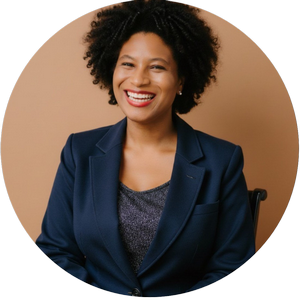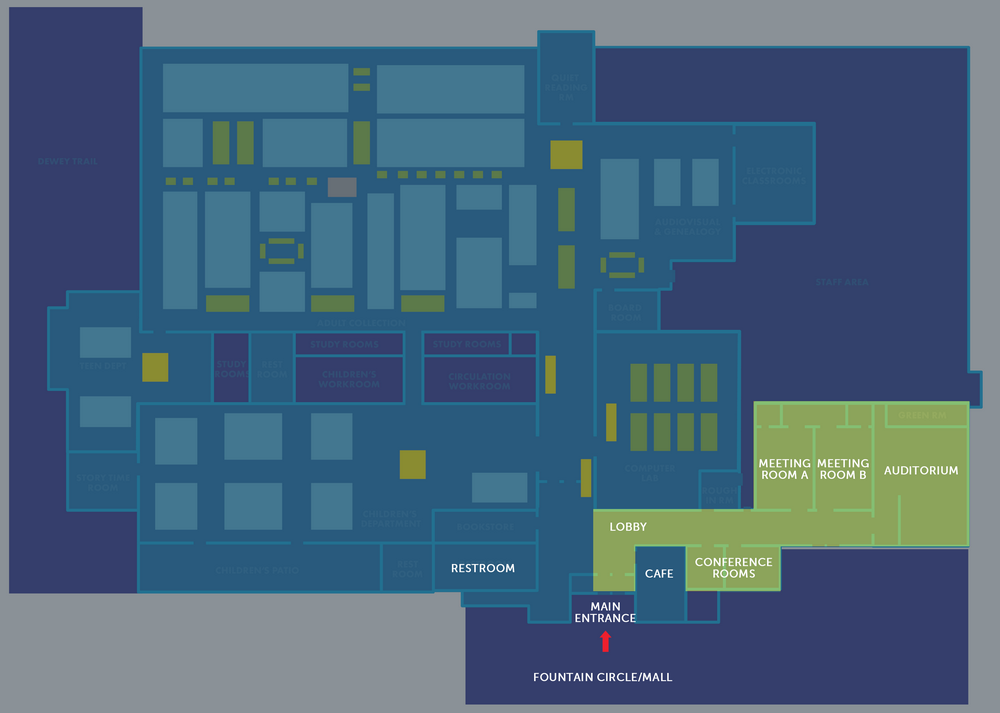Want to ask a question?
Need help with something?
Maybe you want some new ideas or resources for your literacy program?
Have some feedback or a request for an upcoming training session?
Drop by this virtual session and chat with the Literacy Texas team. All literacy questions welcome!
There’s no agenda and no presentation – just an open time for literacy chat.
Join us online on
Monday, December 15
any time between 10:30 AM and 11:30 AM (CT)
There’s no official “start” to this event, so come whenever you like – and stay for as long or as short a time as you like.
No prior registration is needed. We’re looking forward to seeing where the conversation takes us!
NOTE: This is the same as our old “Coffee With Literacy Texas” events, just with a new name.
STAY IN THE KNOW -
Or get news directly from Literacy Texas:
Thank you so much for your interest!
This event is now over.
Checked/updated 9/18/25

















































